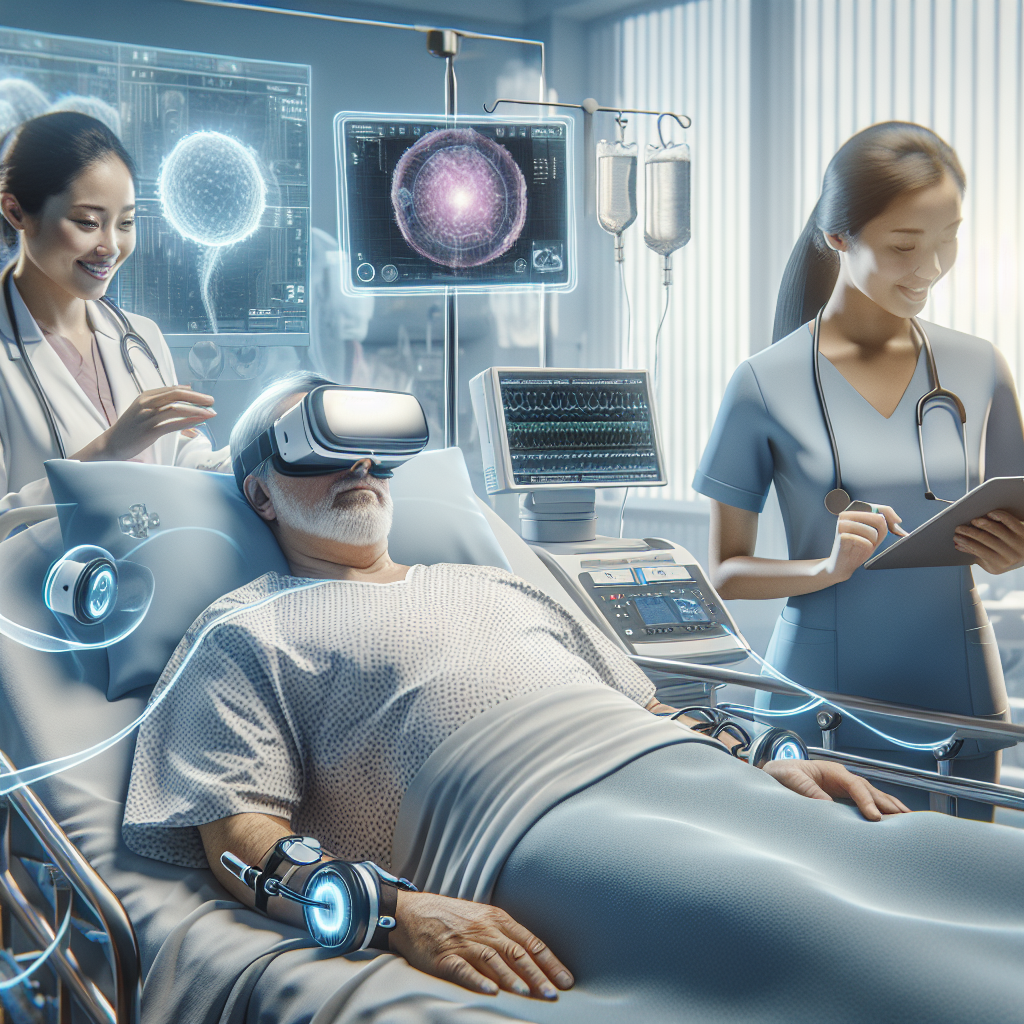Virtual Reality in Healthcare: Revolutionizing Patient Care
Virtual reality (VR) technology has been making waves in various industries, and healthcare is no exception. With its ability to immerse users in a virtual world, VR has the potential to revolutionize patient care in ways never thought possible.
One of the most significant advantages of VR in healthcare is its ability to provide immersive therapy for patients. For example, VR can be used to help patients manage pain, reduce anxiety, and even improve rehabilitation outcomes. By immersing patients in a virtual environment, healthcare providers can create a distraction from their physical discomfort or fears, allowing them to focus on their recovery.
Furthermore, VR can also be used for training healthcare professionals. Surgeons can practice complex procedures in a simulated environment before performing them on real patients, leading to better outcomes and reduced risks. Additionally, VR can be used to train nurses, therapists, and other healthcare professionals on various medical procedures, improving their skills and confidence.
Another area where VR is making a significant impact is in mental health treatment. Virtual reality exposure therapy (VRET) is being used to treat patients with phobias, PTSD, and other mental health conditions. By exposing patients to their fears in a controlled virtual environment, therapists can help them confront and overcome their anxieties in a safe and supportive setting.
Moreover, VR is also being used for patient education and engagement. By creating interactive and immersive educational experiences, healthcare providers can help patients better understand their medical conditions and treatment options. This can lead to improved patient compliance, better health outcomes, and reduced healthcare costs.
Overall, virtual reality is revolutionizing patient care in healthcare by providing innovative solutions for therapy, training, mental health treatment, and patient education. As the technology continues to advance, we can expect to see even more exciting applications of VR in the healthcare industry, ultimately leading to improved patient outcomes and a more personalized approach to healthcare.


